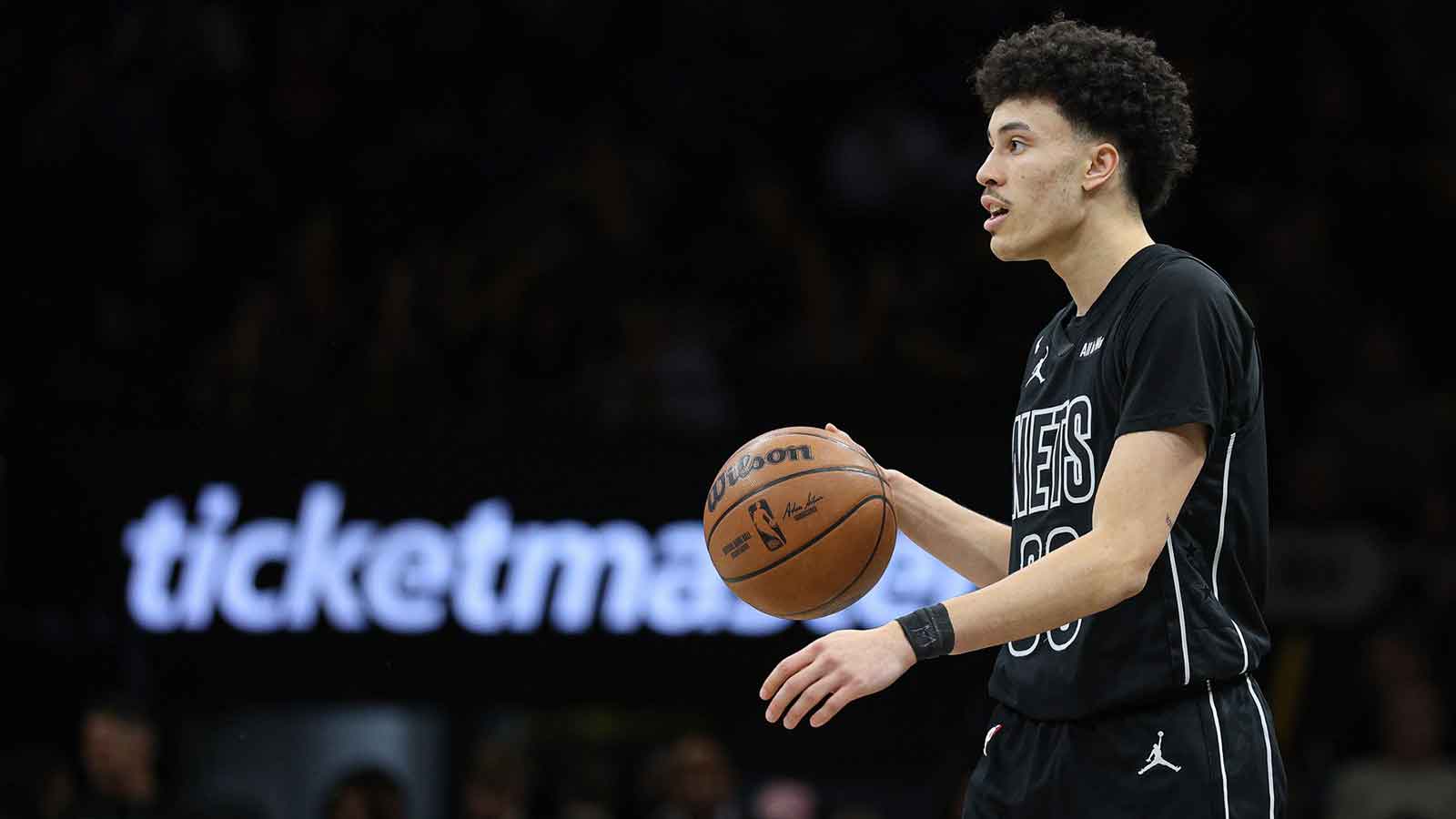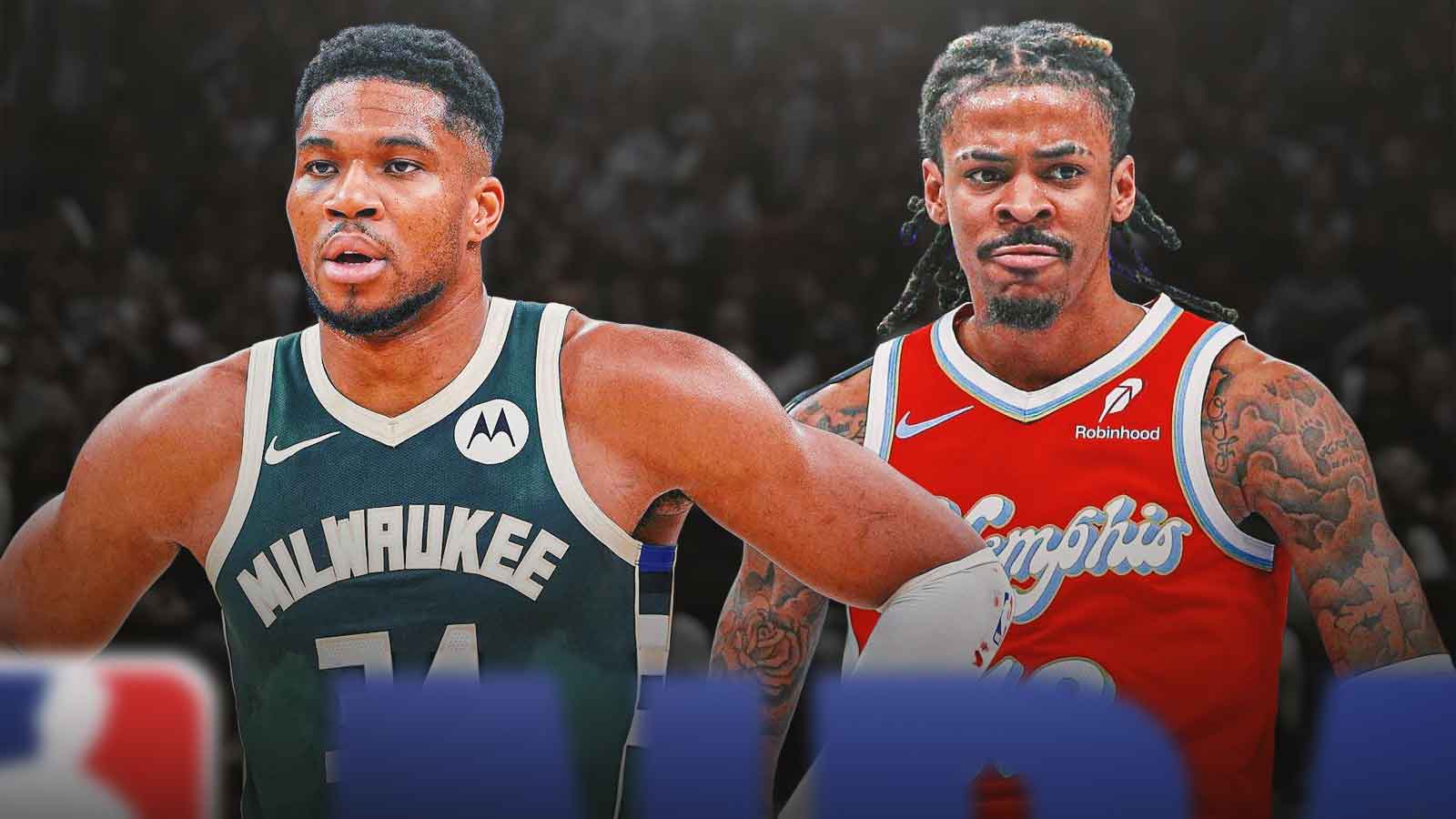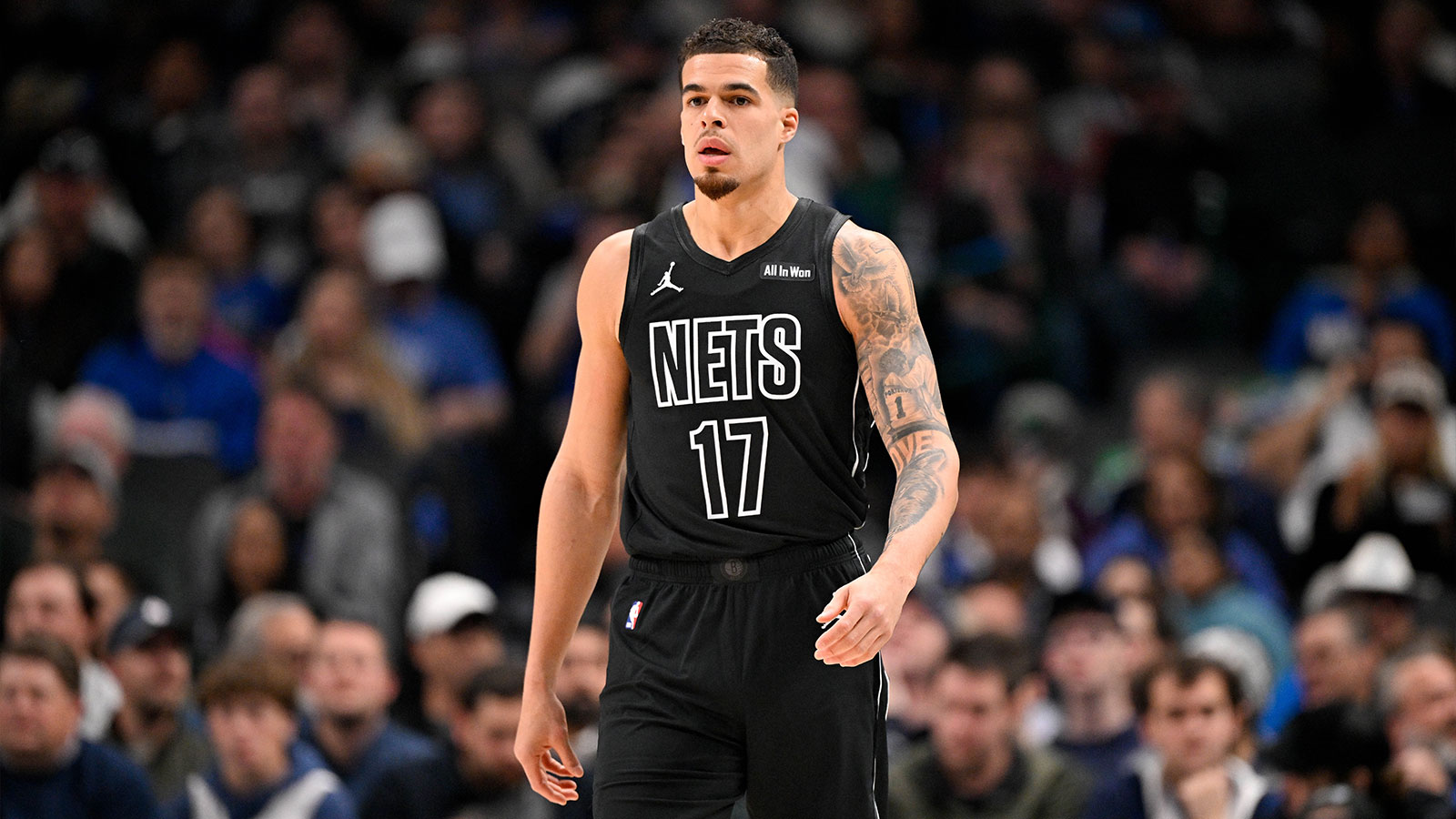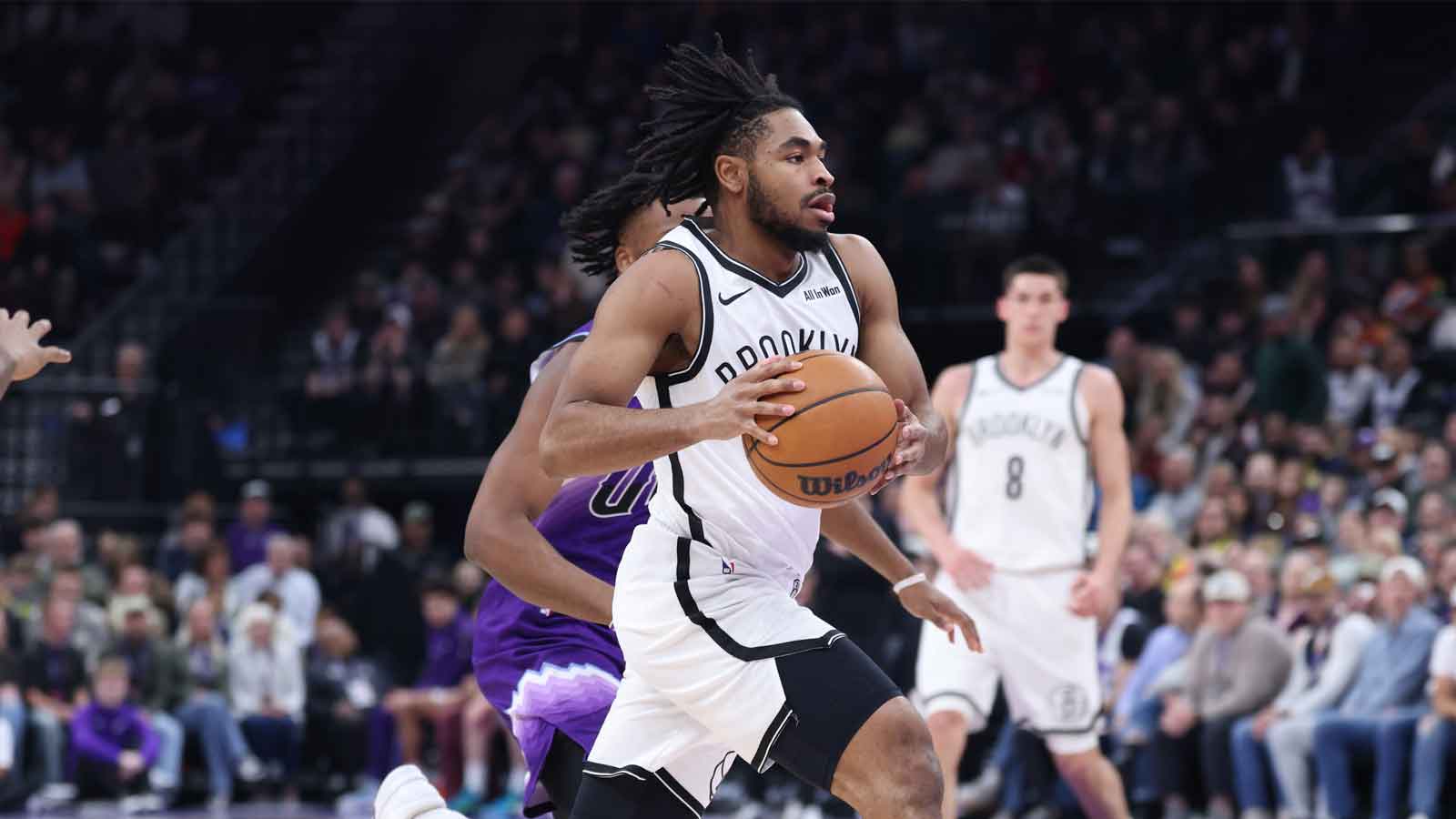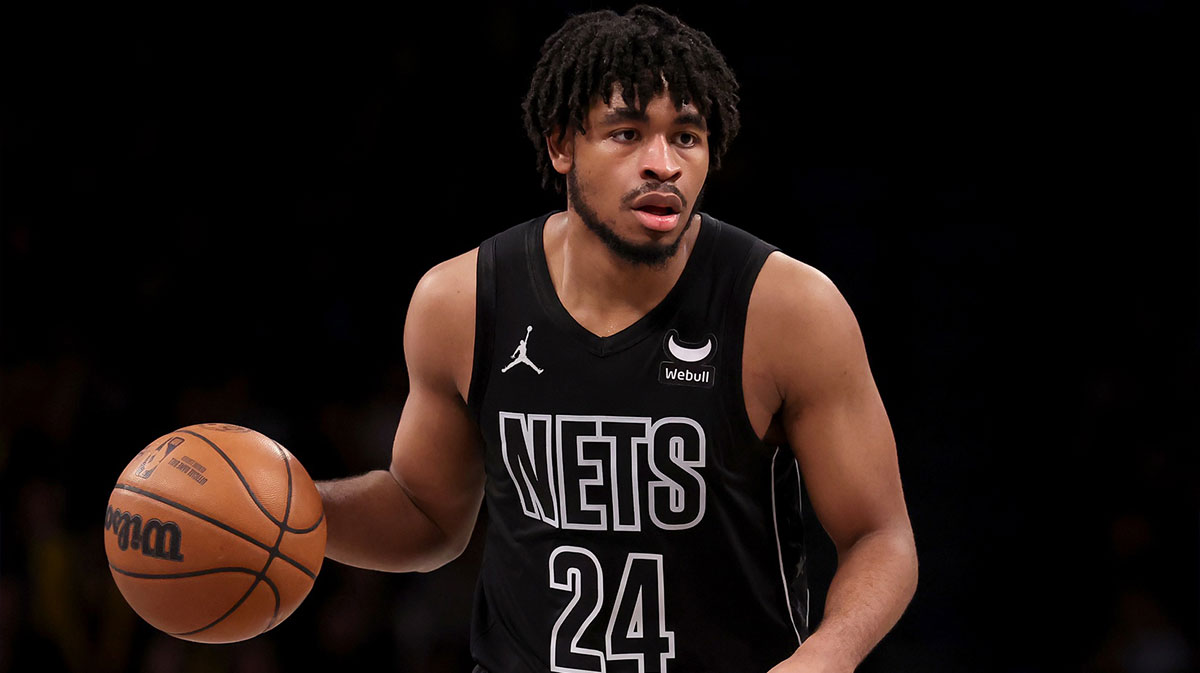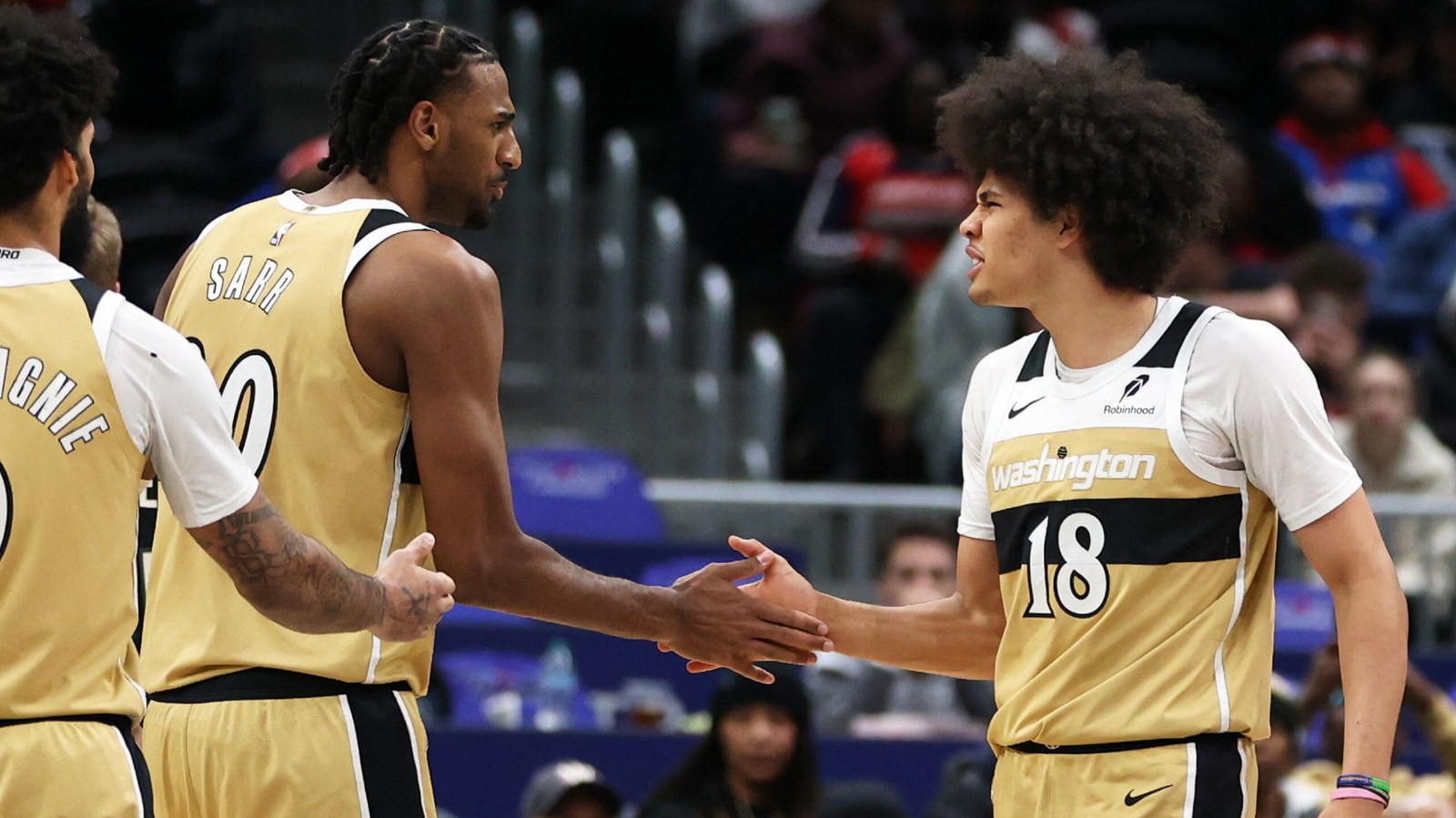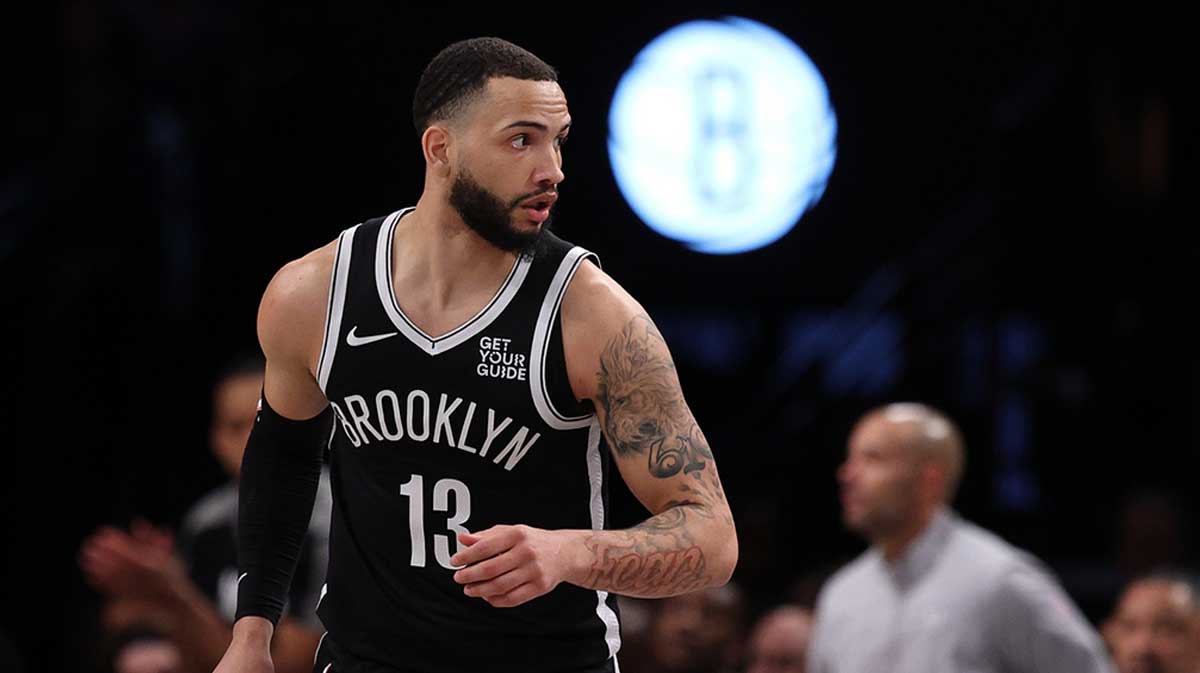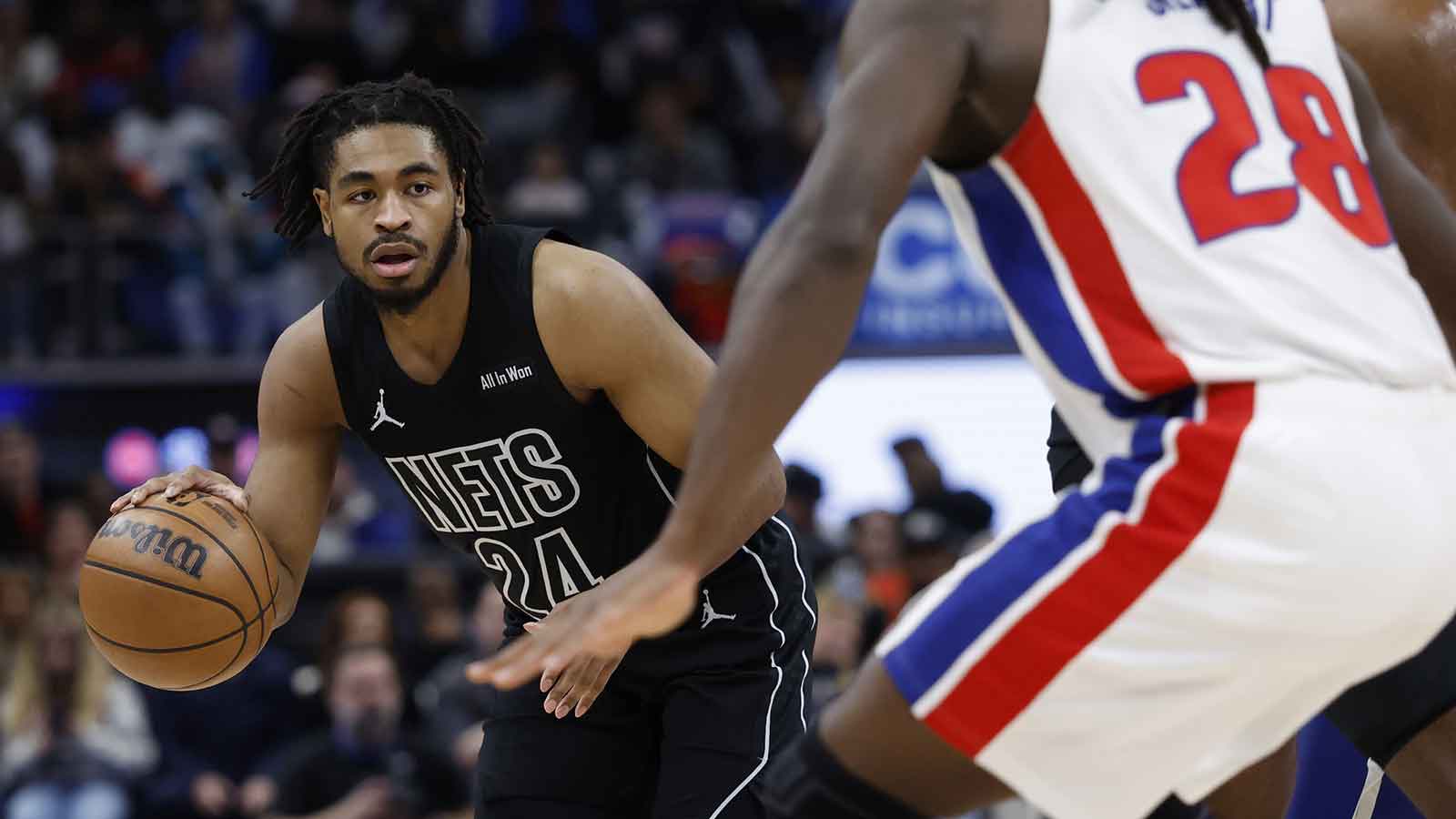Cam Thomas is one of four restricted free agents who have yet to decide on their future this NBA offseason. Although the Brooklyn Nets would like to bring Thomas back, there is a caveat to this matter, which is the same situation Jonathan Kuminga, Josh Giddey, and Quentin Grimes find themselves in.
The fact of the matter, in all four restricted free agent situations, is no team around the league has money to spend in the middle of August. That is why no offer sheets have been handed out, and it is also why none of these players' price points have been reached by their respective teams.
In Thomas' case, he has asked for a contract worth at least $20 million per season. Although some reports suggest a request in the $25 million to $30 million range for Thomas, many believe he would accept an offer in the $20 million range.
However, the Nets have not come close to offering this kind of value, and nobody can blame them for that.
While Thomas is a great player and proven offensive talent, there are concerns about his overall playmaking abilities for others and his ability to impact the game outside of scoring in isolation sets. Not to mention, the growing assumption around the league is that the Nets don't view him as a long-term building block.
This holdup between Thomas and the Nets appears to be leading to the 23-year-old accepting his $5.9 million qualifying offer for the 2025-26 season. With the two sides far apart in discussions and Thomas wanting to be treated like a star-level player, looking ahead to 2026 free agency, leaving Brooklyn may be his best option at this point.
The idea of the Nets guard accepting his qualifying offer has been relevant since NBA Summer League in July.
Will the two sides be able to find a compromise on a new deal before the 2025-26 season? If, by some chance, Thomas and the Nets do reach an agreement on a new contract, here is what it could look like.
What contract should Cam Thomas receive?
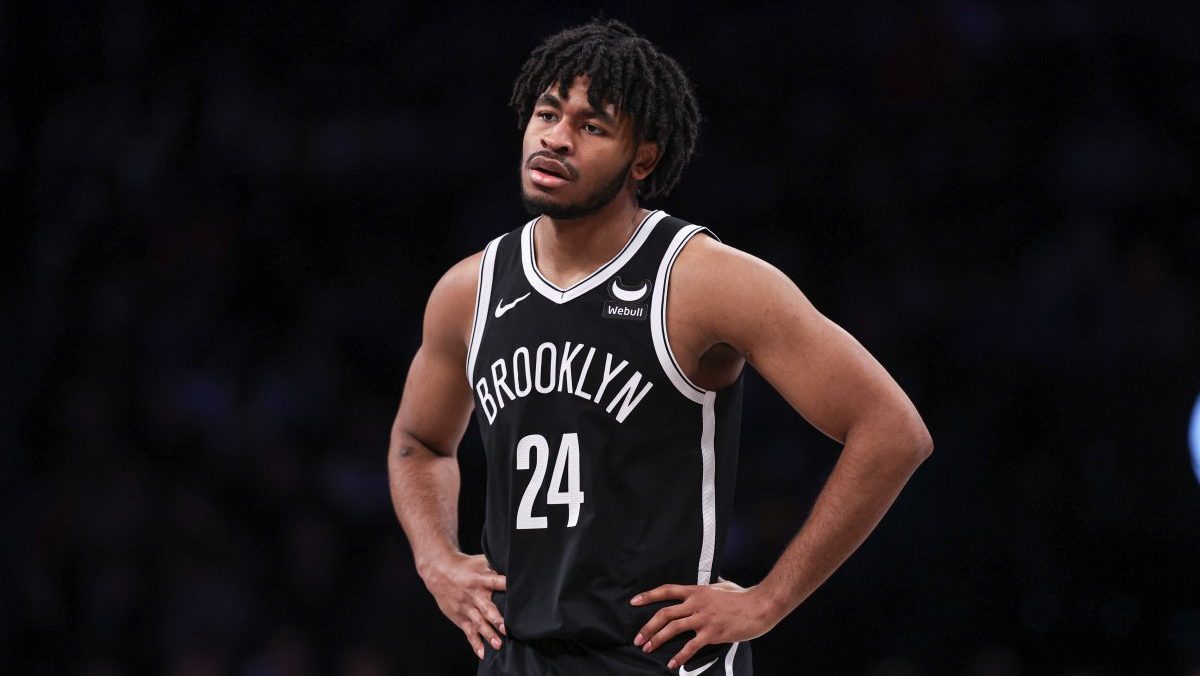
If a decision had to be made right now, it truly does appear as if Thomas is comfortable accepting his qualifying offer and essentially “betting on himself” this upcoming year. But there is still time for the two parties to discuss and potentially negotiate a friendly contract that benefits both Thomas and the Nets.
What could this type of contract potentially look like? Well, in a perfect world, Thomas and the Nets can agree to a short-term contract that sees the young guard get paid more than his qualifying offer and keep his options open for the future:
- Two-year, $30 million contract [AAV of $15 million per season]
- Base compensation is the same for the 2025-26 season and the 2026-27 season — $15 million flat
- Team option in Year 2 (2026-27 season); allows Brooklyn a chance to trade Thomas
- Also gives Nets an ounce of leverage since they would be paying Thomas about the same as the mid-level exception.
There are a couple of concepts to unfold here in this contract proposal — the first stemming from the flat $15 million value for each of the next two seasons.
If the Nets were to ensure guaranteed money for Thomas, which is around the mid-level exception, they would most definitely need a team option on this short-term contract. The reason for this is to create some leverage and give themselves an out for maximum cap space in 2026.
Another key talking point in this contract proposal is that it's only for two seasons.
Although Thomas has been the leading scorer in Brooklyn over the last couple of years, his value to the franchise is suddenly in question after they traded for Michael Porter Jr. this offseason and added five rookies in the first round of the 2025 NBA Draft, three of whom are guards.
It no longer appears as if Thomas is in the Nets' long-term plans, which is why a short-term two-year contract is probably the maximum Brooklyn would be willing to go on a new proposal.
How this deal benefits Cam Thomas
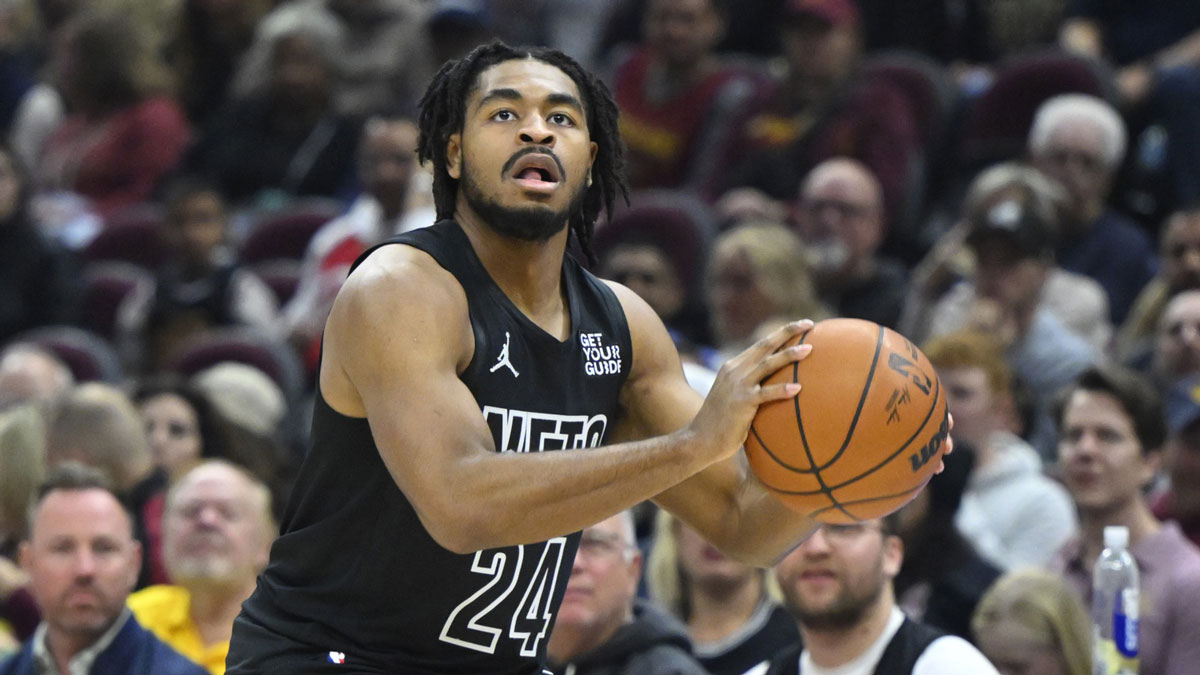
If Thomas truly doesn't see a future with the Nets and the organization isn't willing to give him the money he believes he's worth, then he might as well take a short-term deal on the table rather than his qualifying offer.
After all, $15 million for one season is a lot better than the nearly $6 million he would get from signing his qualifying offer.
On the flip side of this, and playing a little bit of devil's advocate here, “sacrificing” a few million dollars in salary to guarantee unrestricted free agency in 2026 and ensure that you are not traded may just be the best path for Thomas.
The Nets aren't going to increase their offer this summer, and Thomas should be annoyed by this. He has averaged over 20 points per game each of the last two seasons, and he has improved as a passer. Still, the Nets are clearly moving in a different direction.
That is why accepting his qualifying offer and being able to leave Brooklyn in 2026 makes the most sense for Cam Thomas at this juncture.
However, if the two-year, $30 million proposal is on the table, it is at least worth giving a real look at and considering for financial purposes.
How this deal benefits Nets
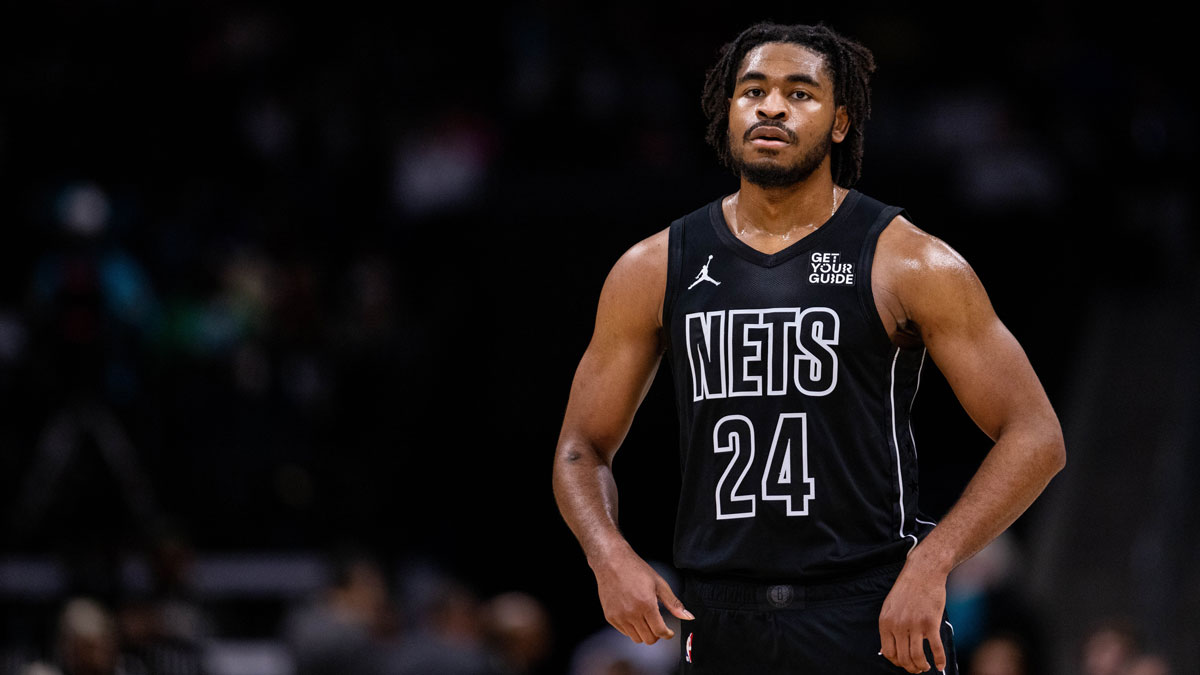
All that matters to the Nets, especially since they are rebuilding, is creating some leverage in their situation with Thomas.
As already mentioned, it doesn't appear as if Thomas is in the organization's long-term plans, and that is one of the main factors behind Brooklyn not wanting to give the young guard a long-term contract.
The other factor is that they want to maintain financial flexibility moving forward and not be tied down to what the league views as a “bad contract” if they were to give Thomas upwards of $20 million per season over the next three or four years.
A short-term, $30 million contract over the next two years that contains a team option is exactly what the Nets need for Thomas, as this opens the door for a potential trade. At least in this scenario, the Nets could get back some draft assets or a different young talent that fits their young core better in the long run.
By accepting his qualifying offer, the Nets would essentially be trapped with Thomas on a one-year contract that contains a no-trade clause. Making a trade would be very difficult given Thomas' leverage in the situation, and he would basically signal his departure in free agency next summer.
This takes any leverage the organization has and buries it. That is why any short-term deal, like the contract proposal above, will benefit the Nets more than Thomas.
At this point, don't be surprised if Cam Thomas accepts his qualifying offer. Out of all four restricted free agents, he is the one who is most likely to do so.










